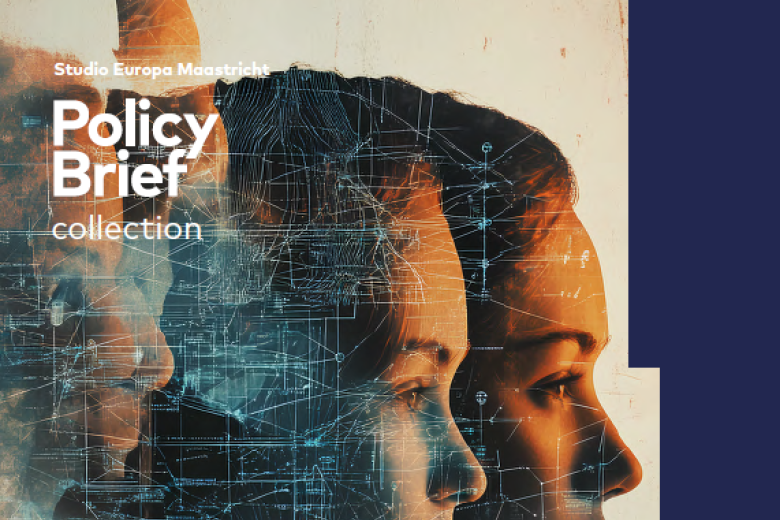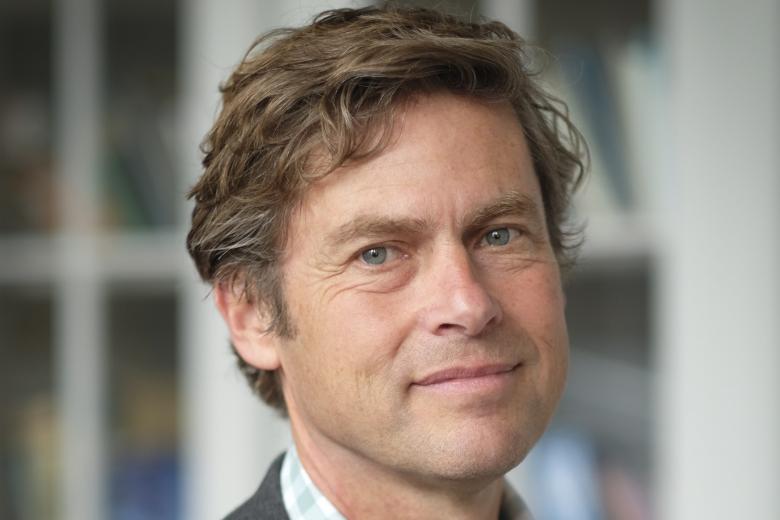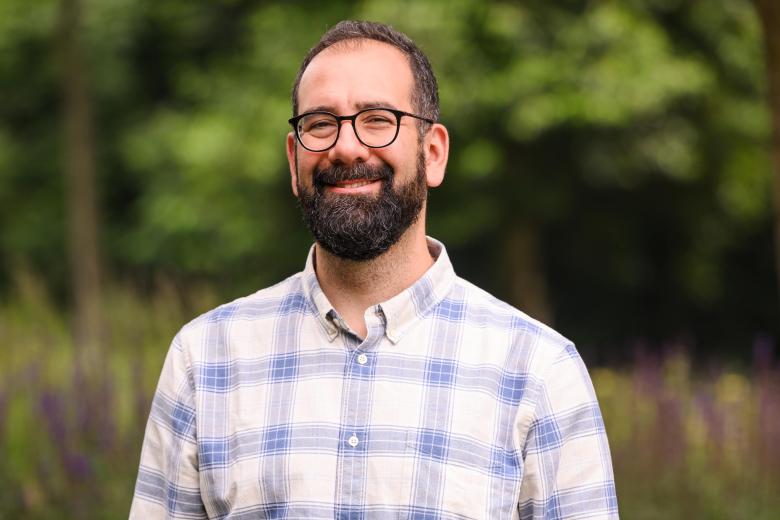Susan Schreibman new DARIAH Director
Susan Schreibman has been appointed by the DARIAH General Assembly as a Director of DARIAH, the Digital Research Infrastructure for the Arts and Humanities.
DARIAH’s mission is to enhance and support digitally-enabled research and teaching across the arts and humanities. It is a network of people, expertise, information, knowledge, content, methods, tools and technologies from its member countries. The Netherlands is a founding member of DARIAH. DARIAH develops, maintains and operates an infrastructure in support of ICT-based research practices and sustains researchers in using them to build, analyse and interpret digital resources.
Susan brings with her decades of experience in digital scholarship and a deep commitment to advancing the digital humanities. She has been a pivotal figure in the field, having held leadership positions at several prestigious institutions, including Trinity College Dublin and the University of Maryland, before joining Maastricht University. Her work has consistently pushed the boundaries of how digital tools and methodologies can enrich arts and humanities research.
Susan is no stranger to DARIAH. She was involved in the preparatory phase of the infrastructure as a representative from Ireland. From 2011-2016, she co-chaired the DARIAH Virtual Competence Center “Education and Research” (VCC2). Under her co-leadership, two well-known DARIAH services were developed: the Digital Humanities Course Registry and #dariahTeach. In addition, she acted as the National Coordinator of DARIAH in Ireland from 2010-2016. More recently, she has been the co-chair of the #dariahTeach Working Group.
Susan succeeds Toma Tasovac, who stepped down in September 2024, after a 6-year term of office. According to its statutes, DARIAH has three part-time directors. Together they are responsible for the day-to-day operations of DARIAH. They consult the Senior Management Team and are supported by the DARIAH-EU Coordination Office.
Also read
-
Studio Europa Launches Policy Brief Series on the Digital Services Act and Democracy in the Digital Age
On 15 May 2025, Studio Europa Maastricht launched its new Policy Brief Collection on Digitalisation, a multidisciplinary effort exploring how the EU’s Digital Services Act (DSA) shapes our digital future.

-
Harro van Lente appointed chairman of Netherlands Health Council committee
The Netherlands Health Council (Gezondheidsraad) has installed a committee to prepare an advisory report on preventive signalling of dementia.

-
Darian Meacham appointed co-investigator in national ROBUST programme
The programme boosts fundamental research in artificial intelligence through public-private collaborations.
